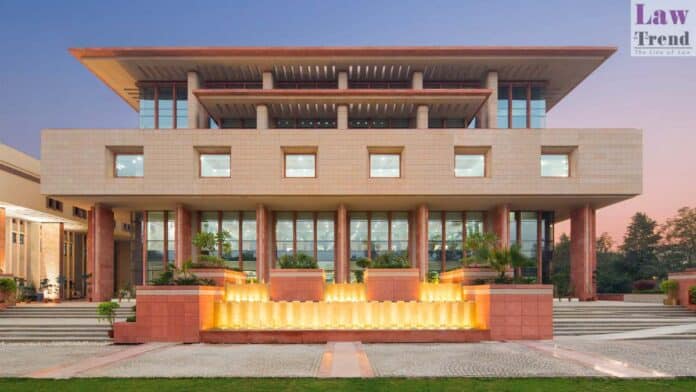In a significant ruling, the Delhi High Court has declared that consent to engage in sexual activities does not inherently include consent to record or distribute private moments on social media platforms. Justice Swarana Kanta Sharma emphasized this point while dismissing a bail application of an individual accused of rape, stating that consent for intimate relations is not a consent for exploitation or public exposure.
The judgment, issued on January 17, stresses that even if the initial sexual engagement was consensual, it does not permit one party to capture and share intimate videos. The accused had argued that the relationship was consensual and turned sour due to a financial dispute; however, the court found that the subsequent actions, allegedly involving coercion and blackmail using the recorded videos, suggested abuse and exploitation far beyond the scope of the initial consent.
The court’s decision underlines the separation of consent for sexual acts from consent for recording or disseminating those acts. It pointed out that the accused manipulated the situation, using the videos to coerce the complainant into further sexual encounters under threat of making them public. This strategy, according to the court, demonstrated a clear abuse of trust and violation of privacy.
Further complicating the case is the accused’s attempt to undermine the complainant’s credibility by pointing to her work in a massage parlour and her marital status. The court strongly rejected these arguments, affirming that such factors do not diminish the gravity of the accusations nor the complainant’s rights to dignity and consent.
The court also noted the complainant’s allegations that she was blackmailed into compliance with the accused’s sexual demands under the threat of public exposure, which began after he had provided her with a loan to enroll in a course. By the end of 2023, the accused had allegedly used this leverage to force her into further unwanted sexual activities, culminating in him posting the videos on platforms like Facebook, WhatsApp, and Instagram.




